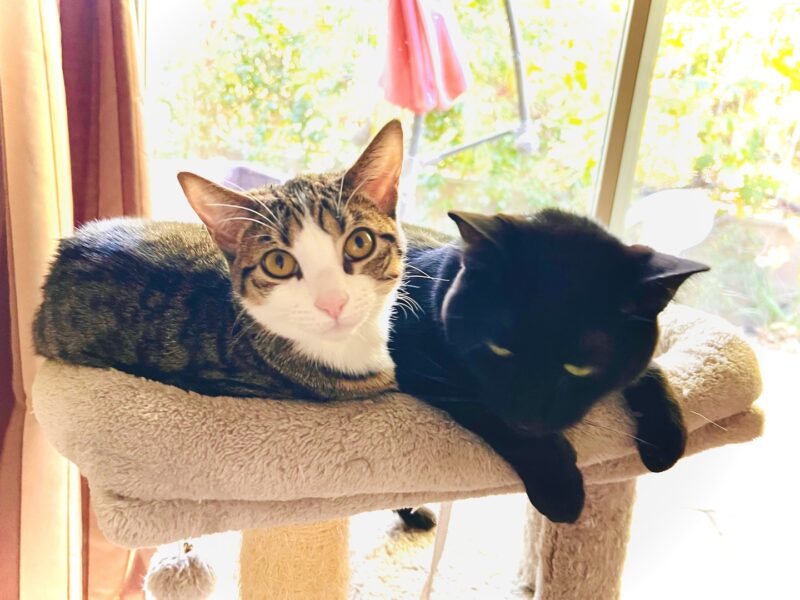Late last year, I was diagnosed with ADHD. It was something I’d never considered. In today’s world, I assumed, we were all attention-deficient, thanks to our constant interaction with technology. I also thought hyperactivity was the hallmark of ADHD, and I was anything but hyper—at least outwardly. Inside my mind, though, thoughts raced at a hundred miles a minute, a constant whirlwind of ideas, complaints, and distractions.
The diagnosis came as a surprise, and I didn’t immediately understand what it meant for me. I started reading books, watching YouTube videos, and diving into Reddit posts. Gradually, it became clear: this diagnosis fit me. I felt a mix of relief and grief.
Relief because I finally had an explanation for so many of my struggles. In school, I did well in class and loved math and reading, but I often felt overwhelmed with homework and panicked over assignments I couldn’t start. Teachers praised my performance but noted I wasn’t assertive enough, which deepened my self-doubt.
College brought its own challenges. I excelled in Thermodynamics, Physical Chemistry, and Reactor Design, but everything else felt like a struggle. While I loved learning, I couldn’t maintain consistency—starting tasks was difficult, and I never developed a study routine that worked for me. The patchwork of success in some areas and failure in others left me confused and frustrated.
In the corporate world, my struggles became even more apparent. Meetings and office politics drained me, and while I had plenty of ideas, only a few ever came to fruition. Starting tasks felt monumental, and even when I did, I often lost focus midway and jumped to something else. Balancing the demands of work with a hectic personal life left me burned out—I couldn’t be both the good mom and the good employee I wanted to be.
Even in my personal life, decision paralysis followed me. Something as simple as booking tickets became a drawn-out ordeal. I’d start researching early but agonize over every detail until it was too late. Sometimes, plans would fall apart entirely, and I wouldn’t even follow up on refunds. These struggles, which once felt like personal failures, now make so much more sense—they were all signs of how my brain was wired.
Social anxiety, rejection sensitivity, insomnia, decision paralysis—things I had always blamed on personal shortcomings—were all tied to the way my brain was wired. ADHD explained it all, even the relentless mental chatter that kept me awake at night.
The grief was harder to process. I’m in my early 50s now, and I couldn’t help but wonder how different my life might have been if I’d known sooner. Understanding that my struggles weren’t personal failings could have spared me years of self-loathing. Instead of feeling stuck, I could have learned self-compassion and found strategies to navigate these challenges. Maybe medication could have given me a more level playing field with my neurotypical peers.
I’ve come to accept that I’m not naturally a “doer” or an “achiever,” even though I often know just as much—if not more—than those who are. The difference lies in how my brain works. My failures weren’t moral or personal; they were rooted in my inability to cope with my unique wiring. Learning this has allowed me to move through life with a bit more grace and intentionality.
There were times in my life when I managed to compensate well and others when I didn’t. Looking back, I probably needed external help—medication, coaching, or both. But here I am today, with the gift of understanding. For now, I’m choosing to focus on strategies rather than medication, finding ways to thrive within my own framework.
It’s common to wonder if everyone has ADHD, especially in a world where social media and constant stimuli exhaust our attention spans. But ADHD is different—a physical phenomenon with well-documented research and solutions to help us function and even flourish.
Moving forward, I intend to use my blog as a space to coach myself. I’ll share strategies that are helping me tremendously, starting with the first step:
Break tasks into small, manageable pieces. Write a sentence not a whole book.



